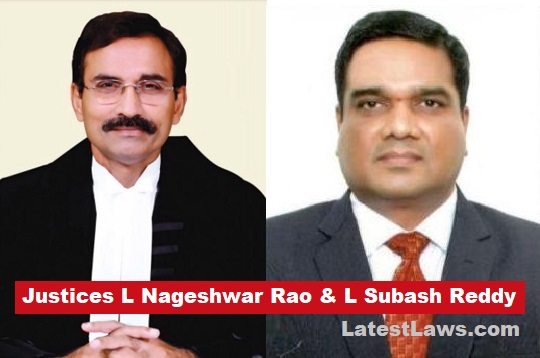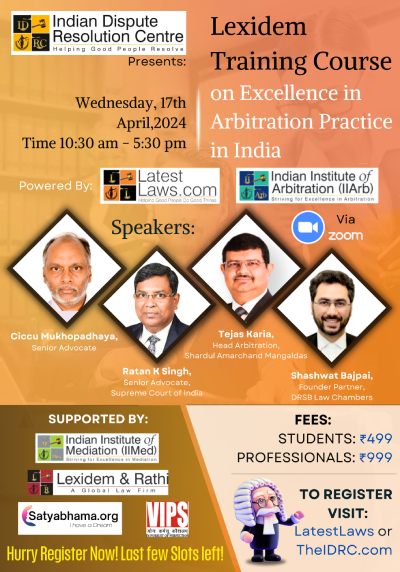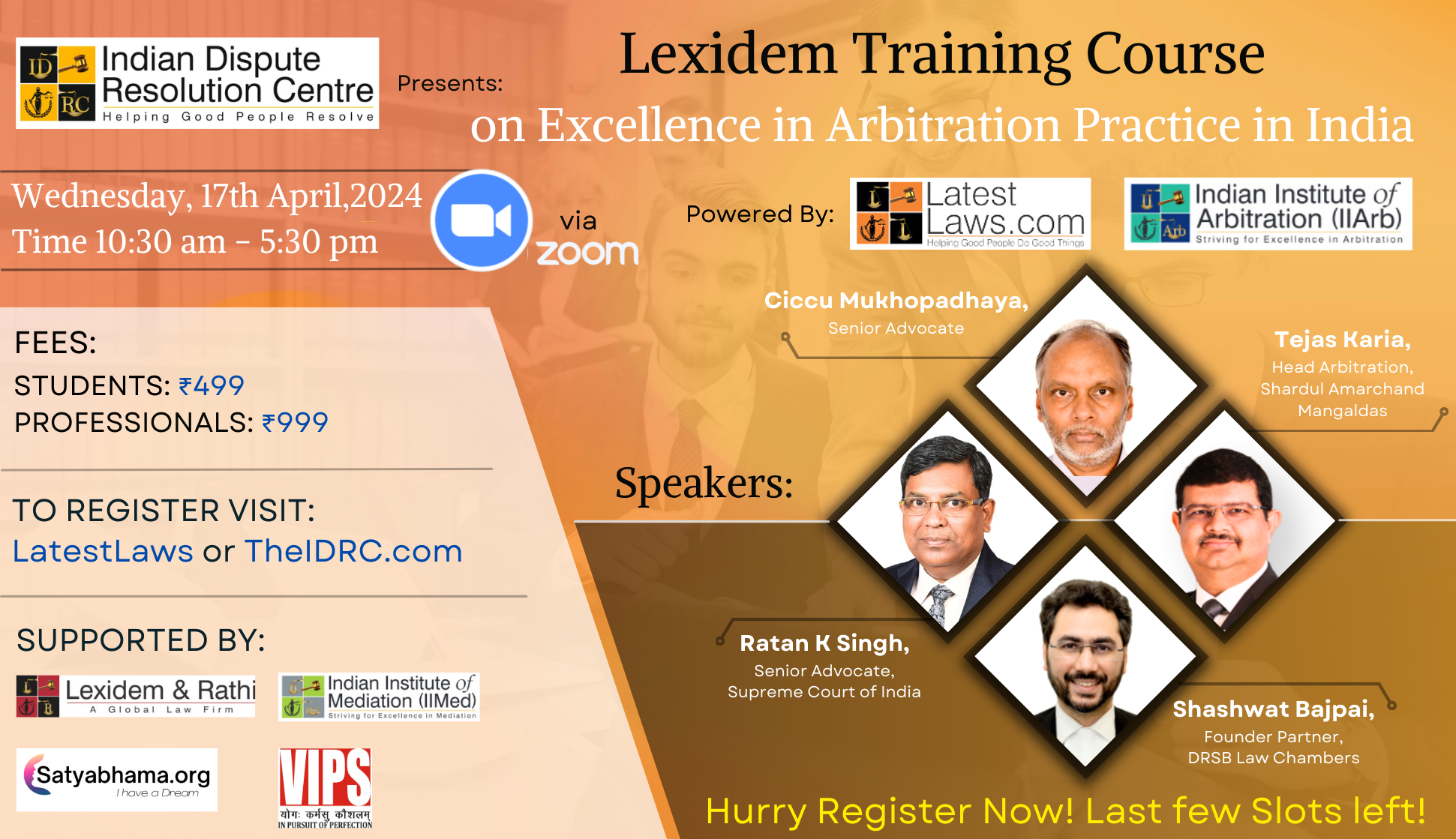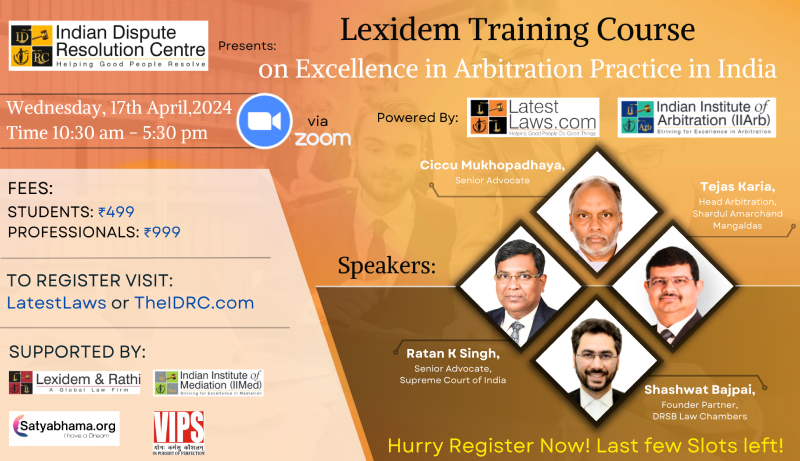December 05, 2018:
The High Court could not have reversed a judgment of acquittal merely because another view is possible, say SC.
Apex Court reiterated the principles to be followed by the appellate courts to overrule or otherwise disturb the trial court’s acquittal in a Criminal Trial.
Bench of Justice L Nageshwar Rao and Justice L Subash Reddy was dealing with an Appeal prefered by Accused whose Acquittal was overturned by the High Court.
The Case titled Mohd. Akhtar @ Kari & Ors. vs State of Bihar was a result of conviction of the Appellants under Section 302 read with Sections 34 and 148 of the Indian Penal Code, 1860 by the High Court. The incident is of 1984 when Md. Nadir Sah @Jumma was shot dead by a bunch of Armed Men near the fields.
On the basis of contradictions in the evidence of the witnesses, the trial court acquitted the Appellants of all the charges against them.
The Appeals filed by the State and the revision filed by the complainant, were taken altogether and the High Court appreciated the evidence and found fault with the judgment of the trial court. The High Court felt that apart from minor inconsistencies, the evidence of the eye witnesses was reliable and there was sufficient light to identify the accused.
The High Court convicted the Appellants under Section 302 read with Sections 34 and 148 IPC and sentenced them to life imprisonment.
While disagreeing with the High Court, Apex Court while relying on Ghurey Lal v. State of Uttar Pradesh, 4 (2008) 10 SCC 450 observed-
''1. The appellate court may only overrule or otherwise disturb the trial court's acquittal if it has “very substantial and compelling reasons” for doing so. A number of instances arise in which the appellate court would have “very substantial and compelling reasons” to discard the trial court's decision. “Very substantial and compelling reasons” exist when: (i) The trial court's conclusion with regard to the facts is palpably wrong; (ii) The trial court's decision was based on an erroneous view of law; (iii) The trial court's judgment is likely to result in “grave miscarriage of justice”; (iv) The entire approach of the trial court in dealing with the evidence was patently illegal; (v) The trial court's judgment was manifestly unjust and unreasonable; (vi) The trial court has ignored the evidence or misread the material evidence or has ignored material documents like dying declarations/report of the ballistic expert, etc. (vii) This list is intended to be illustrative, not exhaustive. 2. The appellate court must always give proper weight and consideration to the findings of the trial court. 3. If two reasonable views can be reached—one that leads to acquittal, the other to conviction—the High Courts/appellate courts must rule in favour of the accused.”
In the light of above Supreme Court ruled that the High Court ignored the fact that the presumption of innocence in favour of the Appellants is further strengthened by an order of acquittal. No perversity in the judgment of the trial court in acquitting the Appellants has been demonstrated by the High Court for interfering with the judgment of the trial court.
SC Judgement That Accused's Presumption of Innocence is Further Strengthened by Acquittal During Trial 2018... by Latest Laws Team on Scribd
Picture Source :




























